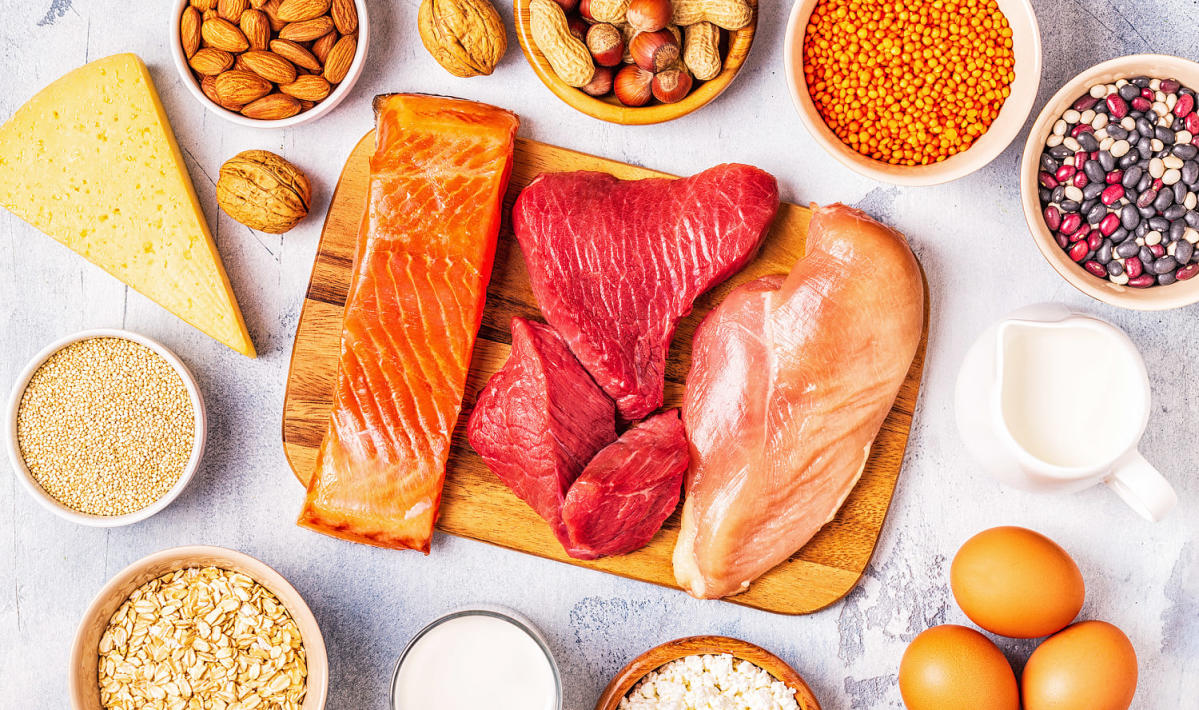Time: 2024-06-24

Protein intake among Americans, including protein girlies and gym rats, is significantly higher than the recommended daily amount. The average American consumes almost double the recommended intake of protein, which stands at 0.8 grams per kilogram of body weight. The National Academies of Sciences highlight that while most Americans meet the recommendation for meats, poultry, and eggs, they fall short when it comes to seafood consumption and intake of nuts, seeds, and soy products.
Excessive consumption of protein, especially from animal-based sources high in cholesterol, can lead to an increased risk of heart disease and higher mortality rates. It can also result in an unbalanced intake of macronutrients, as many high-protein foods are low in fiber and high in saturated fats. To ensure a balanced and healthy diet, experts recommend incorporating plant-based protein sources like beans and lentils, along with seafood, to provide essential nutrients like fiber that most Americans lack in their diets.
Protein is a crucial macronutrient that supports immune function, cell function, tissue repair, and provides energy. While there has been a recent emphasis on the importance of consuming enough protein, overdoing it can have negative consequences. The recommended dietary allowance of protein varies based on individual factors such as weight, age, and activity level. Eating too much protein can lead to kidney problems, digestive issues, dehydration, and weight gain. It can also result in missing out on other essential nutrients found in fruits, vegetables, and whole grains.
Some signs of consuming too much protein include dehydration, increased urination, kidney stones, diarrhea, constipation, and weight gain. It is crucial to maintain a balanced diet that includes lean protein options, fiber-rich foods, carbohydrates, vitamins, minerals, and healthy fats. By working with a registered dietitian, individuals can determine their unique protein needs and ensure they are not consuming an excessive amount that could lead to health issues. Aim for a well-rounded diet that meets all your nutritional requirements for optimal health and well-being.